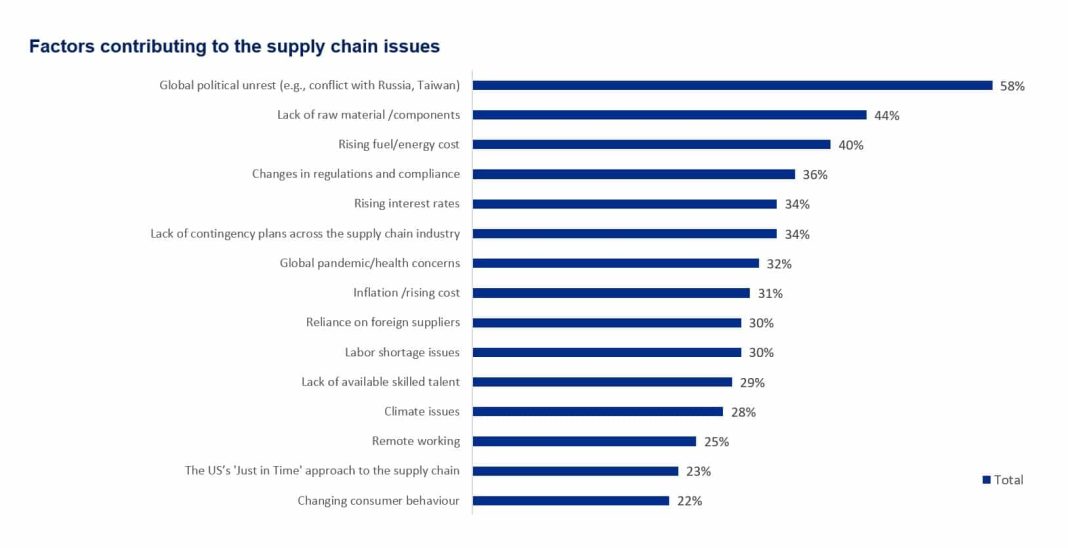The pandemic has significantly disrupted traditional office schedules, giving rise to a more flexible work environment. However, the strong hold of America’s work-centric culture remains deeply ingrained. Recently, Wells Fargo made headlines as it disclosed the termination of over a dozen employees for “simulation of keyboard activity.” This revelation highlights the prevalence of faking work and raises questions about the effectiveness of monitoring systems.
During the early days of the pandemic, when remote work became the norm, employees sought ways to appear active while working from home. One such method was the use of mouse jigglers, which keep screens active and move cursors in seemingly random ways. These devices gained popularity as bosses began to question whether their teams were truly productive or simply slacking off.
To address these concerns, many executives implemented “bossware” to monitor employee activity on work laptops. While it is true that some workers may have taken advantage of the flexibility and engaged in personal activities during work hours, studies have shown that remote workers are generally more productive. Therefore, excessive monitoring may be unnecessary and counterproductive.
In the case of Wells Fargo, it is unclear whether the fired employees were working remotely or not, and the bank has chosen not to provide further details. However, given Wells Fargo’s troubled history, characterized by a multiyear scheme involving millions of unauthorized accounts, their mistrust towards employees is somewhat understandable. The bank has been working to reform its internal culture and restore its damaged reputation.
The use of mouse jigglers and similar monitoring tactics perpetuates a culture of mistrust between managers and employees. Ashley Herd, founder of management training firm Manager Method, argues that this reliance on monitoring tools is indicative of a larger problem. It suggests that managers have not yet learned how to treat their employees as responsible adults.
Trust is crucial in fostering a positive work environment. When managers assume the worst about their employees’ productivity, they look for any data to confirm their suspicions. This creates an environment where employees feel the need to innovate and find ways to appear busy, even if they are genuinely focused on their work.
While banks, like Wells Fargo, have strict controls on work-issued devices due to industry regulations, terminating employees over the use of mouse jigglers may not be the most effective approach to building a culture of trust and inclusion. Instead, managers should focus on fostering open communication, setting clear expectations, and providing support to their remote teams.
In conclusion, the pandemic has forced employers to reevaluate traditional work structures. However, the prevalence of monitoring tools like mouse jigglers highlights a culture of mistrust that still persists in many organizations. To truly embrace remote work and foster a positive work environment, managers must prioritize trust and open communication with their employees.

